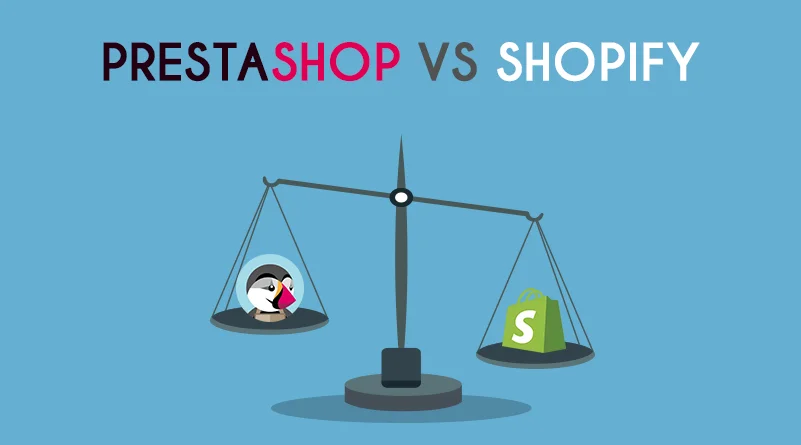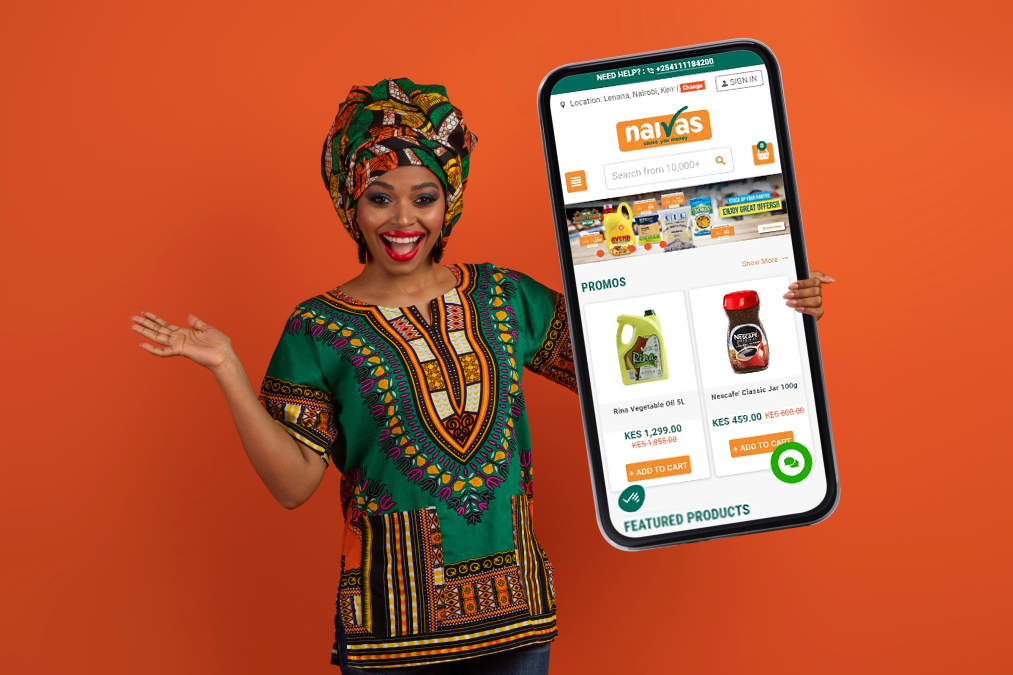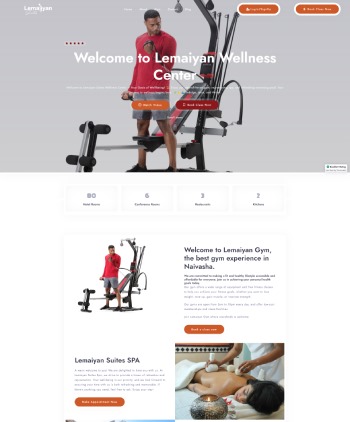Ecommerce in Kenya is growing rapidly, yet a significant challenge remains — customer skepticism. While online shopping is convenient and increasingly popular, many consumers hesitate to purchase due to fears of fraud, delayed delivery, and poor-quality products. For retailers, this hesitation can mean abandoned carts, lost revenue, and slow adoption of digital channels.
Building trust is not just about offering a product; it is about creating a reliable, transparent, and secure experience that reassures the customer at every touchpoint.

Why Trust Is Critical for Kenyan eCommerce
Trust drives every online purchase. A shopper in Nairobi, Mombasa, or Kisumu will often check multiple reviews, ratings, and delivery policies before clicking “buy.” In markets where cash transactions and mobile money dominate, consumers want confidence that their payment is secure and the product will arrive as promised.
According to a recent survey by the Kenya National Bureau of Statistics, about 60 percent of online shoppers in Kenya cite lack of trust as a primary reason for avoiding ecommerce platforms. This highlights the urgent need for retailers to focus on credibility, security, and customer assurance.
Key Factors That Build eCommerce Trust
Secure Payment Options
Providing reliable, well-known payment gateways like M-Pesa, Airtel Money, Visa, and Mastercard is essential. Offering multiple payment methods increases flexibility and assures customers that transactions are protected.
Transparent Policies
Clear refund, return, and delivery policies reduce uncertainty. When customers know exactly what to expect, they are more likely to complete a purchase.
Customer Reviews and Testimonials
Reviews act as social proof. Positive feedback, detailed testimonials, and verified ratings help shoppers feel confident in the quality of products and services.
Professional Website Design
A mobile-optimized, easy-to-navigate website reflects professionalism and reliability. Retailers who invest in fast-loading, visually appealing websites appear more credible.
Responsive Customer Support
Quick responses to queries, complaints, or delivery issues reassure customers that the business values them. WhatsApp chat support, emails, and call centers are crucial channels for Kenyan shoppers.
Consistent Branding
Branding across social media, websites, and offline channels should be consistent. A cohesive identity signals professionalism and strengthens trust.
Overcoming Common Customer Skepticism
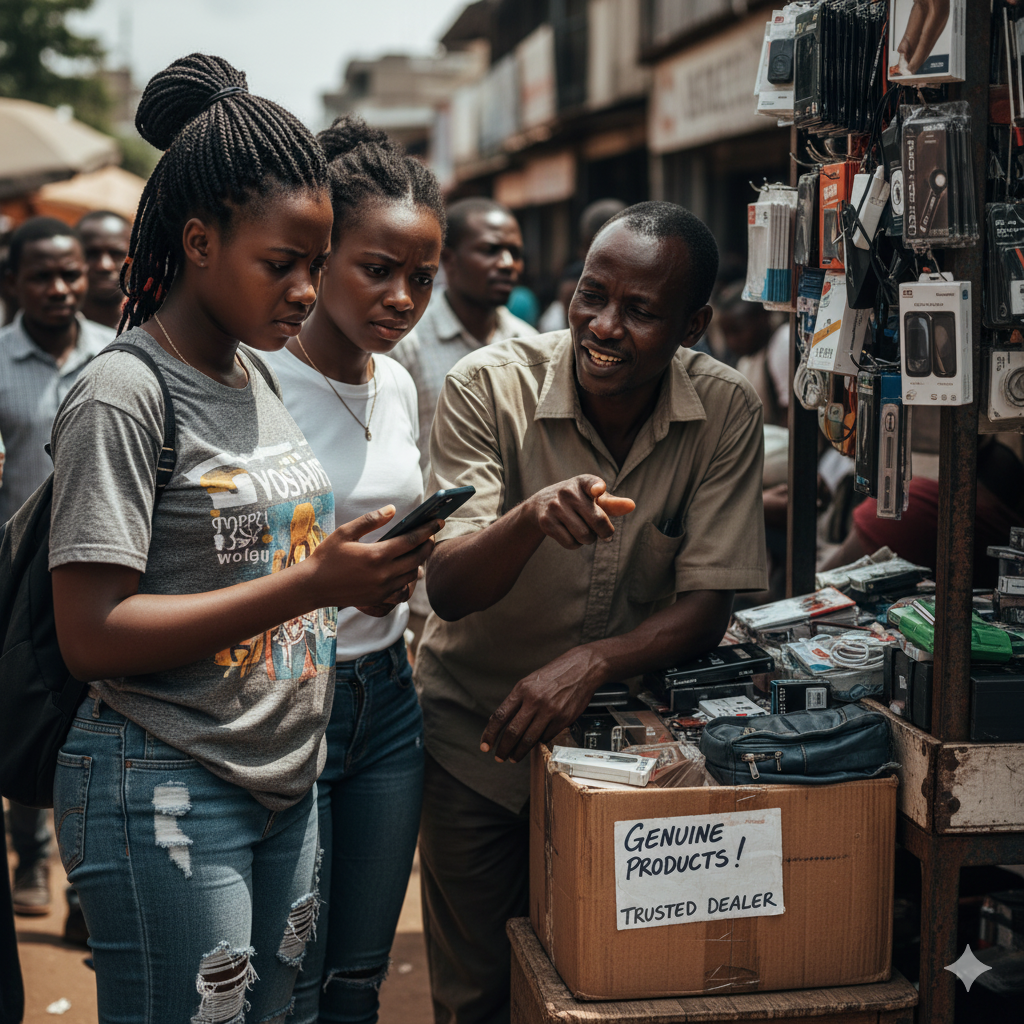
1. Fear of Fraud
Kenyan consumers are cautious with card or online payments. To combat this, integrate secure payment systems with end-to-end encryption and display trust badges from recognized authorities.
2. Concerns About Delivery
Delayed or lost shipments can harm reputation. Partner with reliable logistics providers and provide real-time tracking to reassure customers.
3. Product Quality Doubts
High-quality images, videos, and detailed product descriptions help manage expectations. Offering guarantees or return policies adds an extra layer of confidence.
4. Lack of Transparency
Avoid hidden fees or unclear charges. Show full pricing, shipping costs, and terms upfront to build credibility.
How E-Startups Kenya Helps Build eCommerce Trust
At E-Startups Kenya, we understand the nuances of Kenyan online shopping. Our solutions focus on creating trustworthy, customer-friendly platforms that encourage sales and repeat business.
We provide:
• Secure mobile and web payment integrations with M-Pesa, Airtel Money, and card options
• Mobile-first, fast-loading, and user-friendly website designs
• Ecommerce systems with detailed product pages, images, and videos
• Automated customer support tools via WhatsApp and email
• Order tracking and notification systems for enhanced transparency
• SEO and marketing tools to showcase reviews, testimonials, and social proof
By combining technology and design, we help retailers deliver a shopping experience that inspires confidence and drives conversions.
Case Study: Gaining Customer Confidence in Nairobi
A small electronics store in Nairobi struggled with abandoned online carts. After partnering with E-Startups Kenya, they redesigned their ecommerce site, integrated M-Pesa and card payments, and implemented a WhatsApp support system. Within three months, completed orders increased by 50 percent, and customer complaints related to trust issues dropped significantly.
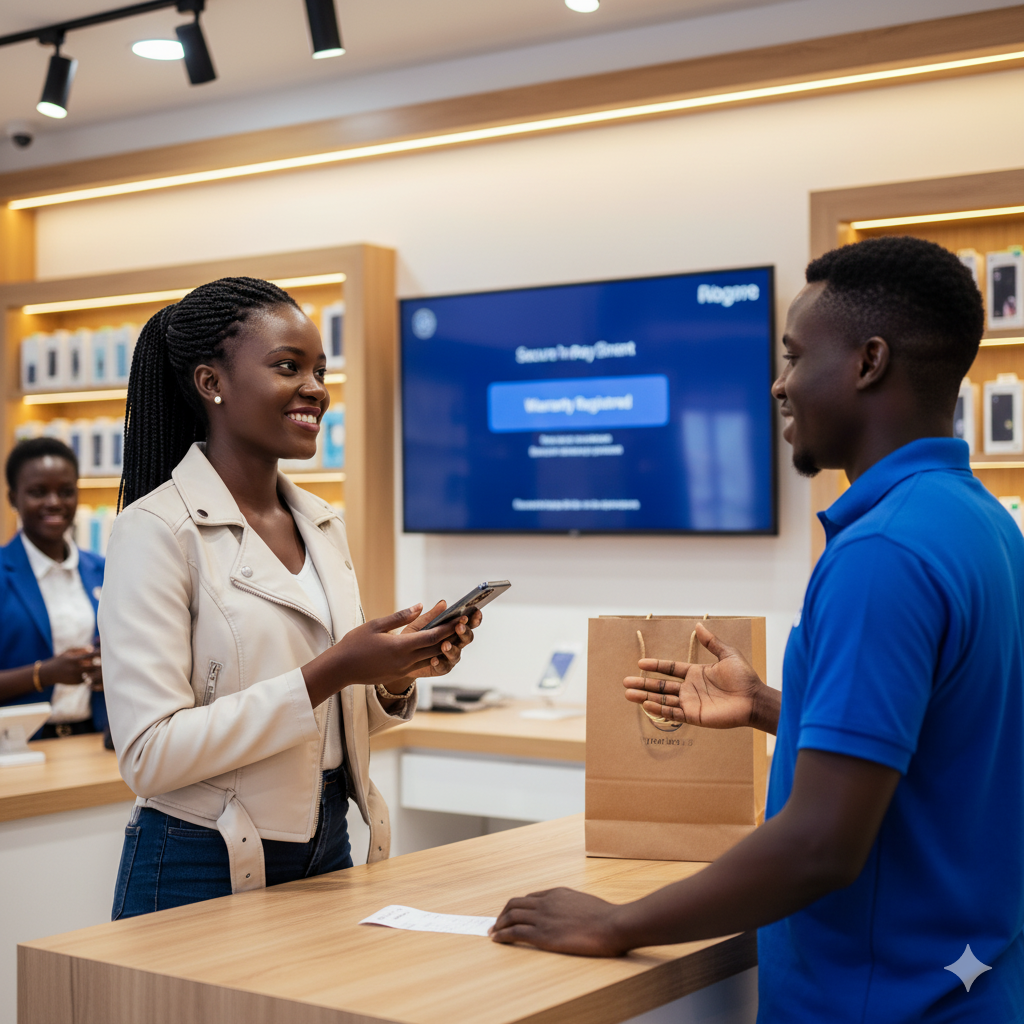
FAQs
Why do customers hesitate to buy online in Kenya?
Most concerns involve fraud, product quality, delivery reliability, and unclear payment methods.
How can a website build trust?
Through professional design, mobile optimization, secure payments, clear policies, and transparent product information.
Is payment security important for trust?
Absolutely. Offering trusted payment options and encryption is crucial for customer confidence.
Can small businesses compete online despite skepticism?
Yes. By implementing clear policies, responsive support, and transparent communication, even small retailers can gain trust.
Does E-Startups Kenya offer post-launch support for ecommerce platforms?
Yes. We provide ongoing updates, security enhancements, and customer support integration to maintain trust.
Conclusion
Trust is the backbone of successful ecommerce in Kenya. Retailers who prioritize secure payments, transparency, and responsive support can overcome customer skepticism and increase sales.
Partnering with E-Startups Kenya ensures that your ecommerce business is not only functional but also trustworthy, professional, and appealing to Kenyan shoppers. Build credibility, enhance customer confidence, and watch your online sales grow.


